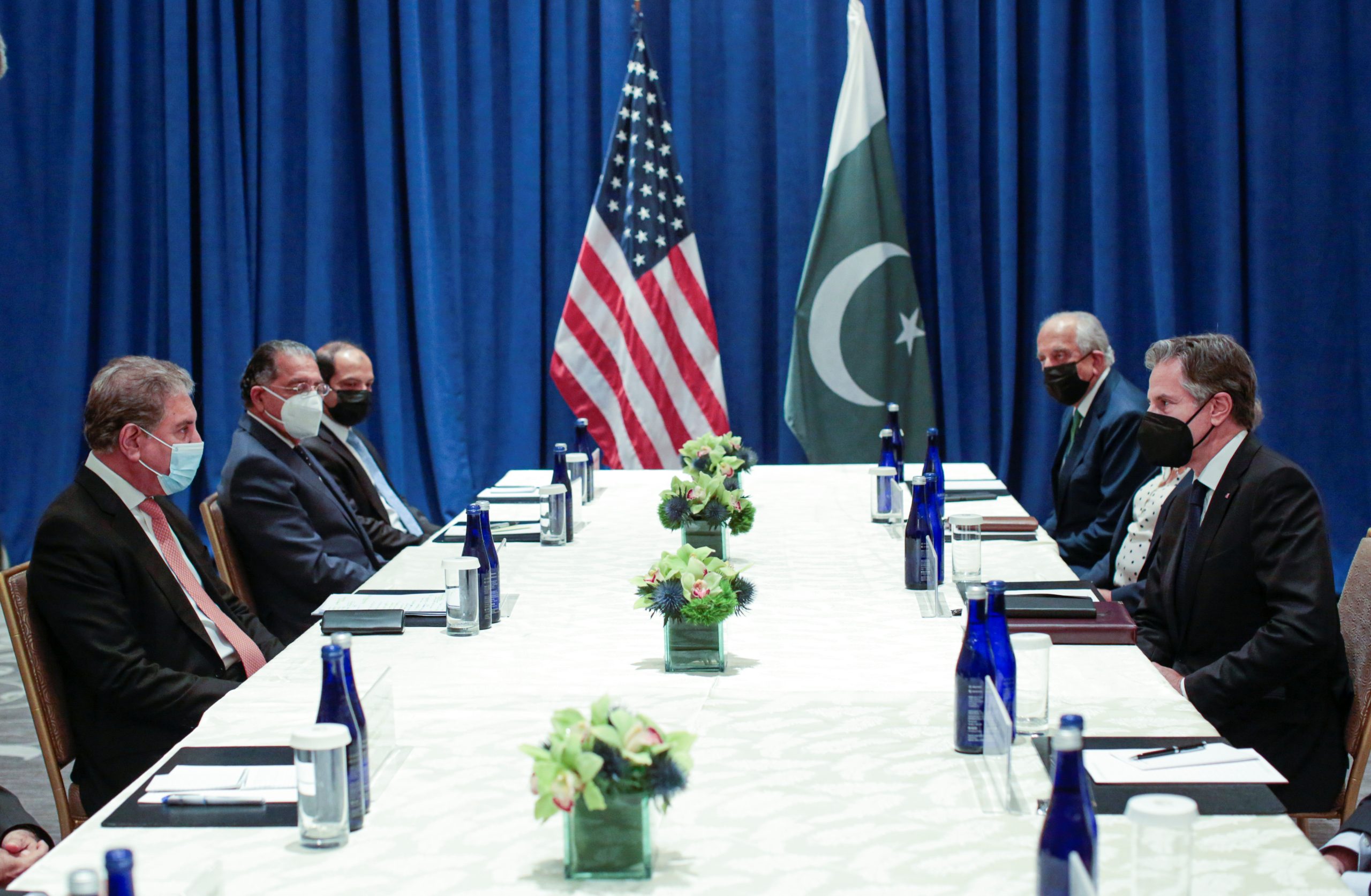Israel-Iran Peace Agreement Puts Pakistan in Diplomatic Predicament
The recent declaration of a temporary peace agreement between Israel and Iran, following a tumultuous 12-day battle, was welcomed with a sigh of relief back in Pakistan. The unexpected skirmish, coupled with the consequential U.S. offensive on Iranian nuclear structures, foregrounded Pakistan’s strategic relevance. Both the U.S. and Tehran anticipated Islamabad’s alliance, which presented Pakistan with a diplomatic predicament. The US harbored hope that Pakistan would empathize with its decision to employ strategic force to dismantle Iran’s nuclear endeavors.
Iran, on the other hand, depended on Pakistan’s support as it faced opposition from Israel and America who were trying to stymie the country’s peaceful energy aspirations. This situation thrust Pakistan into a precarious position politically and diplomatically. Pakistan happened to be consolidating its strategic bonds with the US simultaneously to not wanting to undermine a neighbouring Muslim country’s sovereign rights. Furthermore, an instability inducing attack on Iran carried potential hazard to incite an intense crisis within Pakistan.
Violent factional groups, which were operational in the turbulent Balochistan region, located on the Iran-Pakistan common border, could have taken advantage of the disorder. Such groups could potentially heighten their strikes and seek to overpower territory in anarchic or weakened areas. Yet, it was evident that the long-standing conflict between Iran and Israel had never posed such an immense internal threat to Pakistan’s government as it did during this period.
The timing of the events added to Pakistan’s predicament, and it faced harsh criticism from a multitude of political fronts. These critics accused the administration of yielding to the US while turning their back on a neighbouring Muslim nation under attack. Nevertheless, the Pakistani government promptly issued a statement condemning the strikes. They termed the attacks as ‘highly disconcerting’ and a violation of global standards.
Expressing serious worry about the potential for heightened antagonism, Pakistan’s Prime Minister Shehbaz Sharif reached out to Iranian President Masoud Pezeshkian to convey Pakistan’s stand. However, support from Pakistan was clearly calculated. In spite of domestic calls for security aid to Iran, Islamabad’s actions surrounding the attacks were mainly symbolic and rhetoric-based. In reality, while Iran’s relationships with neighbouring countries have been improving in recent years, no state in the region is entirely comfortable with a nuclear-armed Iran.
Ironically, some leaders might secretly endorse U.S. actions. Public criticism seems aimed more at controlling domestic public sentiment and conserving diplomatic choices. Meanwhile, Iran’s military head, Maj. Gen. Abdolrahim Mousavi showed gratitude for the, albeit measured, support from Pakistan.
Pakistan’s successful track record of simultaneously managing relationships with the US and Iran, positions it strategically to act as a credible negotiator between them. Over the years, Pakistan has proven adept at navigating through complex diplomatic waters. It has managed to maintain balanced ties with deep rivals like Iran and Saudi Arabia, and mutually antagonistic Arab states.
Additionally, for two decades, it supported U.S. military operations in Afghanistan while also maintaining loyalty to Afghan insurgents who were their clients. Pakistan also resisted the idea of characterising its nuclear project as an Islam-centric one, without outrightly rejecting it. With the rising tension in US-China relations, Islamabad has demonstrated diplomacy in avoiding having to take sides.
It’s noteworthy that unfounded sentiment towards the United States has been deep-rooted in Pakistan’s popular attitudes for years. However, operating amid this sentiment, Islamabad has attempted to normalize their ties with Washington to the furthest extent possible. The lack of personal communication between US President Biden and Pakistan’s civilian leaders particularly drew criticism locally.
Nonetheless, the continual US concerns over the re-emergence of global terrorism in the area ensured Pakistan sustained significance to Washington. Islamabad was particularly pleased to hear praise from the US President in his April 2025 statement before a joint Congressional session. Based on this positive note, many in the Pakistani government and military foresaw a U.S. administration ready to help resolve the perennial Kashmir dispute.
Some were hopeful that the United States would marshal its alleged influence over the International Monetary Fund (IMF) to moderate IMF’s strict requirements imposed on Pakistan. There was also a hopeful expectation that the exit of Biden may free Pakistan from many existing US criticisms about their human rights record and democratic practices.
Even though threats of high tariffs and travel restrictions have slightly dampened Pakistan’s hope for an improved relationship with Washington, Pakistan calmly faced these challenges while offering rare mineral concessions and investment opportunities. The quick conflict resolution with India in May further boosted its relationship with the U.S. Even though India denied a U.S. role in ending the conflict, Pakistan publicly thanked U.S. authorities. Soon before the U.S. raid on Iran, Pakistan’s Army leader, Field Marshal Munir, visited Washington, underlining the changing dynamics.
The recent Israel-Iran truce seems to have given Pakistan’s government some respite. As a nation, Pakistan has more to offer the US than what can be detailed in mere transactional terms, especially in the current context where American engagements in the Middle East and South Asia are intensifying.
Pakistan is not only the most populous Muslim country in the Greater Middle East but also has the largest and most proficient military. It is the only Islamic nation with nuclear capabilities. The friction between Iran and Israel pushed Pakistan into the global limelight, adding to its prevailing foreign policy challenges. However, Pakistan’s ability to respond to this complex and evolving international landscape remains to be seen.

